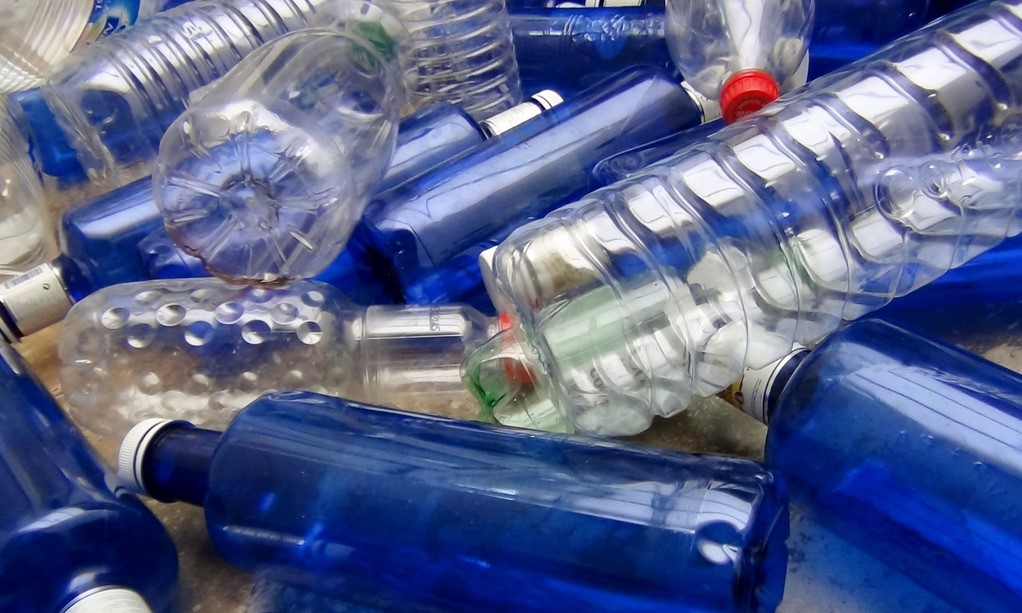
The group, called TCD Plastic Solutions, have collected over 1,000 signatures so far. In addition to the ridding of single-use plastics, the group are also campaigning for the introduction of compost bins around campus, an increase in the number of water-fountains, and an increased awareness on campus of the “damaging effects of single-use plastic consumption”.
The group’s founder, Kezia Wright’ told Trinity News: “We are also launching an information campaign and will be distributing reusable bottles to students in an attempt to encourage people to refill durable water bottles rather than going to the shops to buy disposable plastic bottles.”
On behalf of the group, a member of TCD Plastic Solutions, Susanna Garside, proposed a motion on campaigning against the use of single-use plastics at the first Trinity College Dublin Students’ Union (TCDSU) council meeting of the year. The motion was seconded by Simon Benson, TCDSU’s Environmental Officer, and passed. Following the vote, Provost Patrick Prendergast tweeted his support for the reduction of single-use plastics in Trinity.
The group hopes to further this mandate by the arranged petition, which they hope will reach 3,000 signatures. The petition will then be handed to the University Board.
Members of the group have been in contact with Trinity’s catering service, The Perch Cafe, the Science Gallery, and the Pavilion Bar to gauge their interest in the campaign. Wright referred specifically to the plastic cups used by the Pavilion Bar, stating that the group hopes the bar will reduce their use of plastic cups. Speaking on this last month, a member of the campaign, Caitríona de Búrca, told Trinity News: “The aim of removing plastic cups and cutlery is a big ask, but we don’t think it’s an unreasonable one.”
On their online petition, the group referred to Trinity’s divestment last year from the €6.1 million it had indirectly invested in fossil fuel, after months of lobbying from campaign group Fossil Free TCD. A description of the petition states: “Now that Trinity has divested from fossil fuels, this should be our next step as a Green Flag campus.” Trinity gained its second green flag last April.
Since then, Trinity has established a Sustainable Campus Advisory Committee to advise the provost on sustainability, and compiled their first annual Sustainability Report. The report contained a number of objectives on how to improve Trinity’s records in waste, energy and water conservation, among other areas. It showed that Trinity has reduced its waste in recent years and fell 1% shy of reaching its target of a 50% recycling rate.
“Single-use Plastics are inefficient and damaging. Necessary change can start with us and we can hopefully set a good example for other institutions, cafes and businesses around Dublin,” said Wright.






